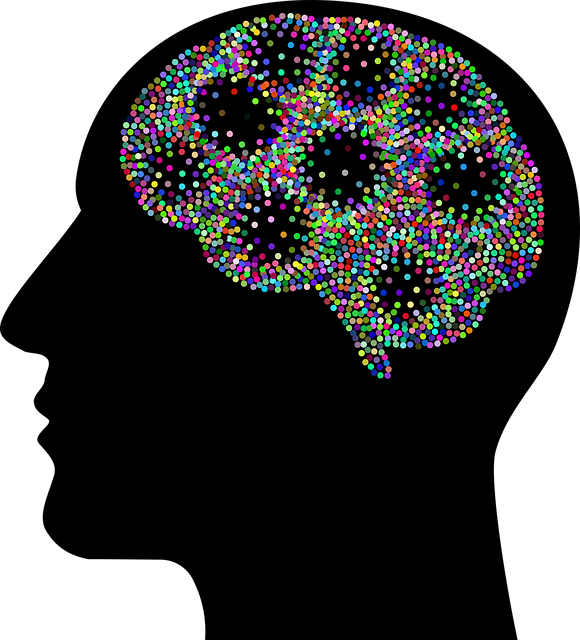Lafayette Domestic Violence Therapy offers a specialized, nurturing environment for individuals dealing with depression often worsened by abuse. Their holistic approach combines culturally sensitive care, open dialogue, and coping mechanisms to address immediate symptoms and underlying trauma. They recommend integrating healthy habits like exercise, quality sleep, and balanced nutrition to manage depression effectively. Through tailored techniques including social skills training, mindfulness, and self-care practices, clients gain resilience, self-esteem, and learn effective coping strategies in a safe space. Reaching out to Lafayette Domestic Violence Therapy is a step towards life-changing healing for those navigating depression and abuse.
Depression is a prevalent yet manageable condition, and arming yourself with prevention strategies is crucial. This article explores various approaches to safeguard your mental well-being, from understanding depression’s subtleties to seeking professional aid. We highlight the significance of Lafayette Domestic Violence Therapy as a safe haven for emotional support, offering insights into lifestyle adjustments that can significantly improve mental resilience. Discover practical steps to prevent and manage depression effectively.
- Understanding Depression: Recognizing Signs and Symptoms
- Lafayette Domestic Violence Therapy: A Safe Space for Emotional Support
- Lifestyle Changes for Enhanced Mental Well-being
- Professional Help: When and How to Seek Therapy
Understanding Depression: Recognizing Signs and Symptoms

Depression is a complex mental health disorder that affects millions worldwide. Recognizing its signs and symptoms is a crucial step in prevention. Common indicators include persistent feelings of sadness, loss of interest in activities once enjoyed, changes in appetite or sleep patterns, fatigue, difficulty concentrating, and thoughts of worthlessness or suicide. These symptoms can vary in intensity and may come and go, but they significantly impact daily functioning if left unaddressed.
For those experiencing these signs, seeking help is essential. Lafayette Domestic Violence Therapy, along with other healthcare providers, offers valuable support. Mental Health Education Programs Design and Trauma Support Services are integral parts of comprehensive therapy, ensuring cultural competency training for better patient care. By recognizing depression early and accessing appropriate resources, individuals can take proactive steps towards managing their mental health effectively.
Lafayette Domestic Violence Therapy: A Safe Space for Emotional Support

Lafayette Domestic Violence Therapy offers a safe haven for individuals seeking emotional support and healing from depression often exacerbated by domestic violence. This specialized therapy provides a unique, nurturing environment where clients can explore complex emotions in a judgment-free zone, facilitated by trained professionals with a deep understanding of the interplay between abuse and mental health.
The center’s approach incorporates cultural sensitivity in mental healthcare practice, recognizing that every individual brings their own experiences and perspectives to therapy. This inclusive space encourages open dialogue, addressing not only the immediate symptoms of depression but also the underlying trauma, thereby enhancing overall mental wellness. Furthermore, Lafayette Domestic Violence Therapy equips clients with essential coping mechanisms while emphasizing the importance of risk management planning for mental health professionals in preventive care.
Lifestyle Changes for Enhanced Mental Well-being

Adopting a healthier lifestyle is a powerful tool in preventing and managing depression. Simple yet significant changes can significantly impact mental wellness. Regular exercise, for instance, releases endorphins, which are natural mood elevators. Aiming for at least 30 minutes of physical activity daily, whether it’s a brisk walk in nature or joining a yoga class, can help reduce symptoms of depression and promote a sense of calm. Additionally, prioritizing quality sleep is essential; adults should strive for 7-9 hours nightly. This rest period allows the mind to reset, making it easier to manage stress and emotions during the day.
Nutrition also plays a vital role in mental health. Incorporating a balanced diet rich in fruits, vegetables, whole grains, and lean proteins can improve mood and energy levels. Reducing sugar intake and avoiding processed foods can help stabilize blood sugar, which is linked to consistent emotional well-being. Lafayette Domestic Violence Therapy emphasizes the interconnectedness of physical and mental health, suggesting that nurturing one’s body through lifestyle changes can be a transformative step towards building resilience against depression.
Professional Help: When and How to Seek Therapy

Depression can be a complex and challenging condition to manage, but seeking professional help is a crucial step towards recovery. Therapy offers individuals a safe space to explore their thoughts and emotions, gain valuable insights, and learn effective coping strategies. If you’re considering therapy, it’s essential to remember that reaching out for help is a sign of strength.
In Lafayette or any other community, accessing domestic violence therapy can be life-changing. This type of specialized treatment addresses the unique challenges faced by individuals experiencing depression and trauma often linked to abusive relationships. Through individual therapy sessions, clients can work on building resilience, enhancing self-esteem, and developing healthy coping mechanisms. Additionally, therapists might incorporate techniques like social skills training, mindfulness meditation, or self-care practices tailored to each person’s needs.
Depression is a serious yet treatable condition, and combining understanding with proactive strategies is key to prevention. While Lafayette Domestic Violence Therapy provides a vital safe space for emotional support, lifestyle changes such as regular exercise, adequate sleep, and mindfulness practices can significantly improve mental well-being. Recognizing signs early on and knowing when to seek professional help are essential steps in managing and preventing depression. By integrating these strategies into daily life, individuals can foster resilience and maintain better mental health.














